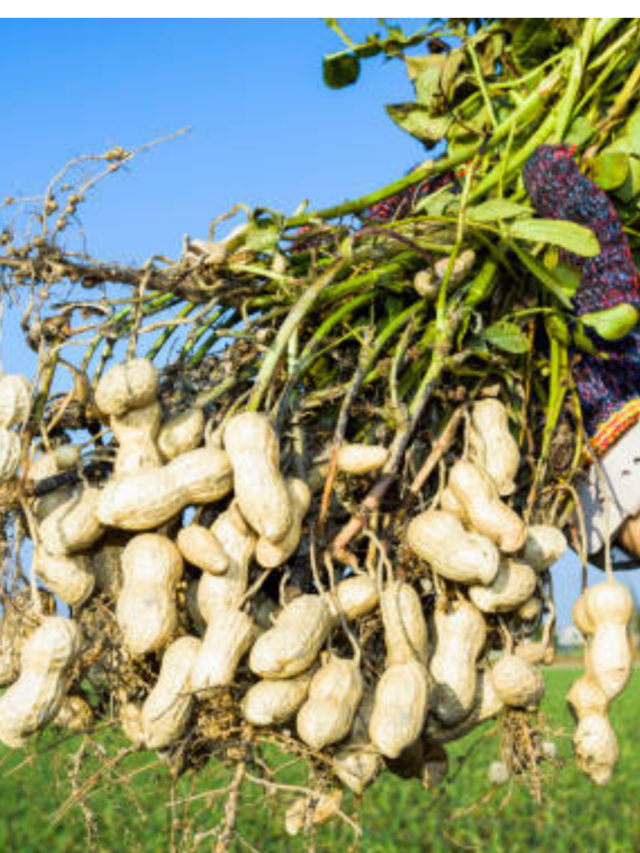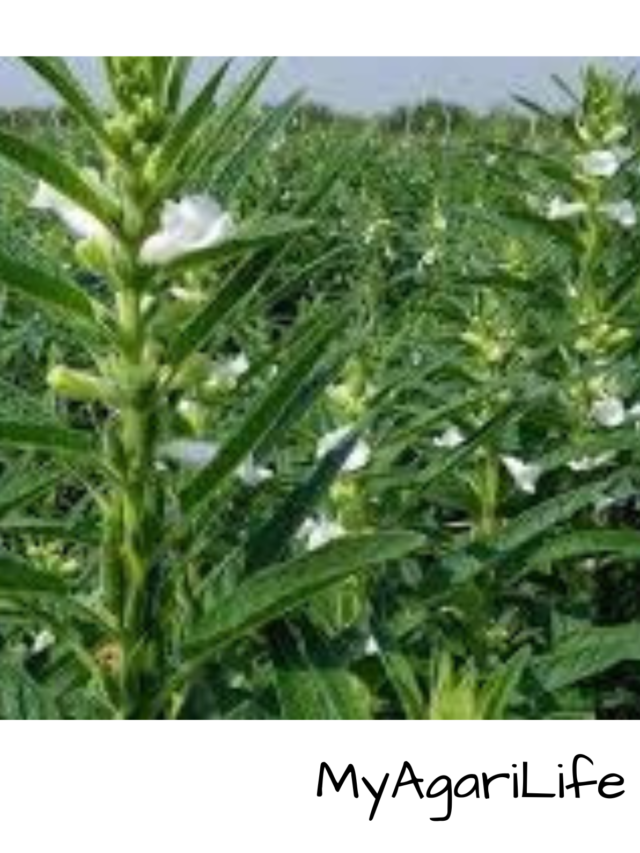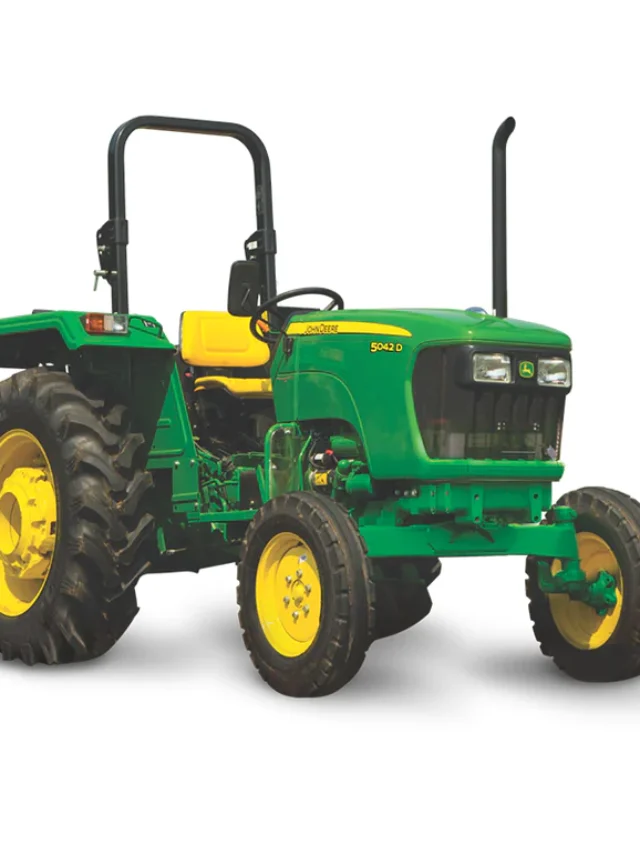
The most essential issue in the world today is the food supply. The demand for food has increased by more than twice the population growth rate over the past 40 years. In fact, according to a report by the Food and Agriculture Organization (FAO), about 11% of the global population, or 815 million people, are undernourished and do not have enough food for their active and healthy lives.
The article talks of how modern technology has been very helpful in the agriculture sector and it is helping to produce more and better quality of food, which is, in turn, helping to sustain life.
The use of modern technology in the agriculture sector is vast. It has helped farmers in various ways. The adoption of new and improved technologies has increased the production and productivity of crops. It has also helped in reducing the cost of production. The use of technology has also made the farming process easier and more efficient.
Top Modern Technology In Agriculture Industry
Modern technology has brought significant changes to the agriculture industry, making it more efficient, productive, and sustainable. Here are some examples of modern technologies that are being used in the agriculture industry:

Precision Agriculture: Precision agriculture uses technologies such as GPS, drones, and sensors to gather data about soil and crop conditions. This data is then used to make informed decisions on when to plant, water, fertilize, and harvest crops. Precision agriculture also helps to reduce waste by optimizing the use of resources such as water and fertilizers.
Automated Farming Equipment: Automated farming equipment such as tractors, planters, and harvesters have improved the efficiency of farming operations. These machines can plant, cultivate, and harvest crops faster and with more precision than manual labor, reducing labor costs and increasing productivity.

Agricultural Robots: Agricultural robots are being used to perform tasks such as planting, weeding, pruning, and harvesting crops. These robots can work around the clock, reducing the need for manual labor and improving efficiency.
Biotechnology: Biotechnology has enabled the development of genetically modified crops that are resistant to pests and diseases, require less water and fertilizer, and have a longer shelf life. These crops help to increase yields and reduce waste.
Cloud Computing: Cloud computing allows farmers to store and analyze data on crop yields, weather patterns, and soil conditions. This data is used to make informed decisions on planting, watering, and harvesting crops. Cloud computing also allows farmers to collaborate and share data with other farmers and experts in the industry.

Internet of Things (IoT): The Internet of Things (IoT) involves the use of sensors and other devices to collect data on various aspects of farming operations. This data is then used to optimize farming practices, improve efficiency, and reduce waste.
Overall, modern technology has transformed the agriculture industry, making it more sustainable, efficient, and productive. These technologies help farmers to produce more food with fewer resources while reducing waste and environmental impact.
Importance of Modern Technology In Agriculture Industry
Modern technology has become increasingly important in the agriculture industry. Here are some of the reasons why:
Increased Efficiency: Modern technology such as precision agriculture, automated farming equipment, and agricultural robots have significantly increased the efficiency of farming operations. These technologies can perform tasks faster and with more precision than manual labor, reducing labor costs and increasing productivity.
Improved Yields: Technologies such as biotechnology, precision agriculture, and the Internet of Things (IoT) help farmers to optimize their use of resources such as water, fertilizers, and pesticides. This results in improved yields, higher quality crops, and reduced waste.
Cost Savings: Modern technology can help farmers to reduce costs by optimizing resource use, reducing labor costs, and improving crop yields. This can result in higher profits for farmers and lower prices for consumers.
Sustainability: Modern technology can help to make farming practices more sustainable by reducing waste, minimizing environmental impact, and conserving resources. For example, precision agriculture can reduce water usage and pesticide application, and biotechnology can reduce the need for chemical inputs.
Improved Food Security: With a growing global population, it is essential to produce more food with fewer resources. Modern technology helps to increase food production while reducing waste, improving food security and reducing the likelihood of food shortages.
In summary, modern technology has become increasingly important in the agriculture industry, helping to increase efficiency, improve yields, reduce costs, promote sustainability, and enhance food security.
Modern technology in agriculture has led to increased production and productivity. This has in turn led to improved food security and incomes for farmers. In addition, it has helped to create new jobs and improve the quality of life for rural communities.

1.Technology boosts agricultural productivity
Technology has played a key role in increasing agricultural productivity. For example, the use of mechanization has reduced the need for manual labor, thus increasing efficiency and output. The introduction of irrigation systems has also helped to boost production by making it possible to grow crops in otherwise arid areas. In addition, modern technology has made it possible to develop high-yielding crop varieties that are resistant to pests and diseases.
The use of technology in agriculture has also had a positive impact on food security. Increasing production has helped to ensure that more people have access to nutritious and affordable food.
2.Agricultural technology can create new jobs
Agricultural technology has the potential to create new jobs in the agriculture industry. Here are some ways in which this could happen:
Development and Manufacturing: The development and manufacturing of agricultural technology requires skilled workers in areas such as engineering, design, and manufacturing. As the use of agricultural technology increases, there will be a growing demand for skilled workers in these fields.
Installation and Maintenance: The installation and maintenance of agricultural technology such as precision agriculture equipment, automated farming equipment, and agricultural robots also require skilled workers. As more farmers adopt these technologies, there will be a growing demand for workers who can install and maintain them.
Data Analysis: The use of cloud computing and the Internet of Things (IoT) in agriculture generates a large amount of data. This data needs to be analyzed to make informed decisions about planting, watering, and harvesting crops. Skilled workers in data analysis will be needed to interpret this data and make recommendations to farmers.
Farm Management: The use of agricultural technology also requires skilled farm managers who can use technology to optimize farming practices, improve yields, and reduce costs. These managers will need to be knowledgeable about the latest agricultural technologies and how to use them effectively.
Overall, agricultural technology has the potential to create new jobs in areas such as development and manufacturing, installation and maintenance, data analysis, and farm management. As the use of agricultural technology increases, there will be a growing demand for skilled workers in these fields.
3.Impact of Agricultural Technology on Farmers
Agricultural technology has had a significant impact on farmers in many ways. Here are some of the ways in which technology has impacted farmers:
Increased Efficiency: Agricultural technology such as precision agriculture, automated farming equipment, and agricultural robots have significantly increased the efficiency of farming operations. These technologies can perform tasks faster and with more precision than manual labor, reducing labor costs and increasing productivity.
Improved Yields: Technologies such as biotechnology, precision agriculture, and the Internet of Things (IoT) help farmers to optimize their use of resources such as water, fertilizers, and pesticides. This results in improved yields, higher quality crops, and reduced waste.
Cost Savings: Modern technology can help farmers to reduce costs by optimizing resource use, reducing labor costs, and improving crop yields. This can result in higher profits for farmers and lower prices for consumers.
Improved Sustainability: Agricultural technology can help to make farming practices more sustainable by reducing waste, minimizing environmental impact, and conserving resources. For example, precision agriculture can reduce water usage and pesticide application, and biotechnology can reduce the need for chemical inputs.
Reduced Risk: Agricultural technology can help to reduce the risk of crop failure due to weather or other factors. Technologies such as weather monitoring and predictive analytics can help farmers to make informed decisions about planting, watering, and harvesting crops.
Overall, agricultural technology has had a positive impact on farmers, helping to increase efficiency, improve yields, reduce costs, promote sustainability, and reduce risk. However, it is important to note that some farmers may face challenges in adopting new technologies due to the high cost of equipment or lack of access to technology in rural areas. Therefore, efforts are needed to ensure that all farmers have access to technology and the resources to adopt it.
4.Impact of Agricultural Technology on Consumers
Agricultural technology has had a significant impact on consumers in many ways. Here are some of the ways in which technology has impacted consumers:
Improved Quality and Safety: Agricultural technology such as biotechnology, precision agriculture, and the Internet of Things (IoT) has enabled farmers to produce higher quality crops with fewer chemical inputs. This has resulted in safer and healthier food for consumers.
Increased Availability: Agricultural technology has enabled farmers to produce more food with fewer resources, resulting in increased availability of food for consumers. This has helped to reduce food shortages and increase access to nutritious food, particularly in developing countries.
Reduced Prices: Technologies such as precision agriculture and biotechnology have helped farmers to reduce production costs, resulting in lower prices for consumers. This has made food more affordable and accessible for consumers.
More Diverse Food Options: Agricultural technology has enabled farmers to produce a wider variety of crops and food products. This has resulted in greater diversity in the food supply, providing consumers with more choices and access to a wider range of nutrients.
Improved Traceability: Technology such as blockchain and the Internet of Things (IoT) can help to improve traceability in the food supply chain, enabling consumers to track the source of their food and ensure that it meets safety and quality standards.
Overall, agricultural technology has had a positive impact on consumers, resulting in higher quality and safer food, increased availability and affordability of food, more diverse food options, and improved traceability in the food supply chain. However, it is important to ensure that these benefits are accessible to all consumers, particularly those in developing countries who may not have access to technology or the resources to adopt it.
Modern Technology in Agriculture Sector FAQs
sure, I can provide some frequently asked questions related to modern technology in the agriculture sector.
1.What is agricultural technology?
Agricultural technology refers to the application of technology to improve various aspects of agricultural practices, such as planting, harvesting, irrigation, and crop management.
2.What are some examples of agricultural technology?
Some examples of agricultural technology include precision agriculture, biotechnology, automated farming equipment, agricultural robots, and the Internet of Things (IoT).
3.How does agricultural technology improve crop yields?
Agricultural technology can help to optimize resource use, such as water and fertilizer, and improve crop management practices, resulting in improved yields.
4.What are the benefits of agricultural technology for farmers?
The benefits of agricultural technology for farmers include increased efficiency, improved yields, cost savings, improved sustainability, and reduced risk.
5.What are the benefits of agricultural technology for consumers?
The benefits of agricultural technology for consumers include improved quality and safety of food, increased availability and affordability of food, more diverse food options, and improved traceability in the food supply chain.
6.How can farmers adopt agricultural technology?
Farmers can adopt agricultural technology by investing in new equipment, attending training and education programs, and partnering with technology companies and organizations to access and implement new technologies.
7.What are some challenges associated with adopting agricultural technology?
Some challenges associated with adopting agricultural technology include the high cost of equipment, lack of access to technology in rural areas, and the need for training and education to effectively use new technologies.









